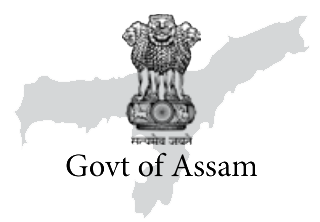Do you know the plastic bag that was part of your first shopping experience is still hidden somewhere in the world? This is due to the fact that plastic bags take 20 to 600 years to decompose.
On August 12, 2021, the Government of India issued a Gazette under the ‘Plastic Waste Management (Amendment) Rules, which stated that the use of single-use plastics will be phased out from July 1, 2022. Among the many items banned (see box) are all carry bags below 120 microns (effective December 31, 2022).

“We are banning the usage of single-use plastic in two stages. One is public awareness and the other is enforcement. While conducting joint enforcement drives with Urban Local Bodies (ULB) and administration. About 35 plastic manufacturing groups in Assam have already stopped production of banned plastics on our directives,” Member Secretary of Pollution Control Board, Assam and State Public Information Officer (SPIO) Shantanu Kumar Dutta told Asom Barta.
“This time round we are ready for a strong action. For the first time, a control room has been set up to ban single use plastics. People can contact the control room at 7099027961,” he added.
District administrations across Assam have also girded up their loins. “We have taken steps to ban single-use plastics in Bongaigaon district based on the prescribed policy. If any person or institution violates rules, action will be taken under the Environmental Protection Act, 1986. ‘Minimum Plastic, Maximum Environment Protection’- this policy should be followed by every citizen” Bongaigaon DC Nabadip Pathak informed Asom Barta through an email conversation.
“We have already sent directives to all markets under the Guwahati Municipal Corporation to ban single-use plastics. We held meetings with the market committees to create awareness among them. In the next phase, if single-use plastic is found in the waste of a market cleaned by municipal corporation workers, the market committee will be held responsible for this,” GMC Commissioner Devashish Sharma told this newsletter
NGOs like Akshar Foundation are also contributing their bit. A pioneer of recycling plastics, it has been educating the marginalised sections of the society in their school, Akshar Forum. As a fee, each child is required to submit plastic waste to the school every week. “We make eco bricks from these waste plastics.” Parmita Sharma, its associate director, told Asom Barta. “The ban on disposable plastics is a big step by the Government and will play a major role in pollution control, ” she added.













